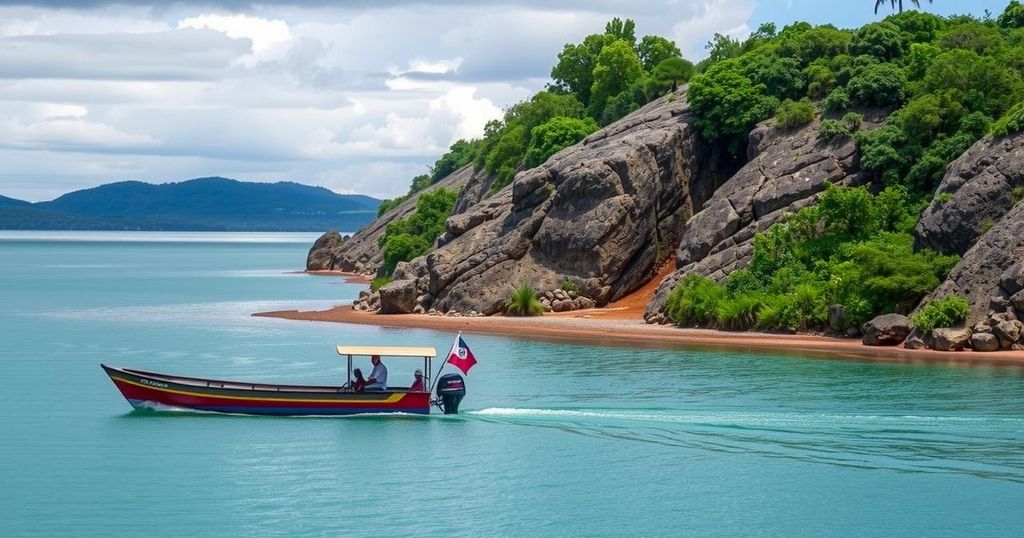The dispute over Lake Malawi exemplifies a complex territorial challenge between Malawi and Tanzania, arising from historical treaties and differing interpretations of international law regarding ownership and boundary delineation. Despite diplomatic mediation, a resolution remains elusive, underlining the importance of the lake not only for national interests but also for regional stability and resource management.
The territorial dispute between Malawi and Tanzania concerning Lake Malawi, also known as Lake Nyasa in Tanzania, has been a source of ongoing contention between the two nations. The disagreement primarily revolves around differing interpretations of historical treaties and international law as they pertain to the ownership of the lake. Malawi maintains that its claim to the entire lake, down to the Tanzanian shore, is justified by the Anglo-German Treaty of 1890, asserting that this agreement designates the lake as entirely within the borders of the former British Protectorate of Nyasaland, modern-day Malawi.
In supporting its position, Malawi cites historical treaties with Portuguese colonial authorities, taking the stance that these agreements affirm its sovereignty over Lake Malawi. Conversely, Tanzania argues that international norms favor a median line division of shared water bodies, suggesting that boundaries should be drawn approximately through the center of the lake. This contention invokes the principle employed in delimitations between Malawi and Mozambique.
The implications of this dispute extend beyond national pride, as Lake Malawi is vital for water, food security, and the livelihoods of millions who reside in the region. Additionally, it is believed to contain significant reserves of oil and gas, which adds a layer of economic urgency to the disagreement. Despite various efforts for resolution through diplomatic channels—including interventions by the African Union—no conclusive agreement has been reached, underscoring the challenges of reconciling historical treaties with modern international frameworks. For now, Lake Malawi remains a symbol of broader themes relating to national sovereignty, resource management, and cooperative engagement in the region.
The dispute over Lake Malawi dates back more than a century, rooted in colonial treaties that have been interpreted differently by Malawi and Tanzania. The Anglo-German Treaty of 1890, central to Malawi’s claims, is contested by Tanzania, which advocates for modern principles of boundary delineation that support median line demarcations. Given the lake’s critical role in regional ecology and economics, understanding the historical context of these treaties is essential to comprehending the continuing tensions and the geopolitical ramifications of the issue.
In summary, the conflict between Malawi and Tanzania over Lake Malawi’s sovereignty reflects a complex interplay of historical treaties and modern international norms. While Malawi bases its claims on the Anglo-German Treaty and historical agreements, Tanzania counters with arguments favoring the median line principle. The stakes involved, particularly regarding natural resources and regional stability, necessitate ongoing dialogue and diplomatic efforts to seek a resolution to this protracted dispute.
Original Source: malawi24.com







